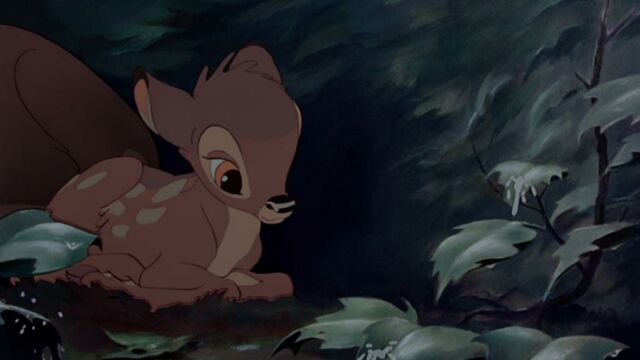If you haven’t already known this, Disney has a habit of taking rather tragic tales and turning them into happy--go-lucky stories for children. They did this with many of our favourite movies including Mulan, Snow White, The Lion King, and even Bambi.
Discover our latest podcast
Political allegory
Now, we know what you’re thinking. Bambi isn’t the most upbeat Disney film of all time—it’s actually a real tear-jerker. But did you know that the original story is even more dark? The author, Felix Salten, wrote it at a time when anti-Semitic sentiments were on the rise in Europe. According to The Guardian, when the book first appeared in 1922 it was meant to be a political allegory, much like George Orwell’s Animal Farm. Jack Zipes, professor emeritus of German and comparative literature at the University of Minnesota told the news website:
I think he foresaw the Holocaust. He had suffered greatly as a young boy from antisemitism and at that time, in Austria and Germany, Jews were blamed for the loss of the first world war. This novel is an appeal to say: no, this shouldn’t happen.
Real meaning behind the book
Zipes says that the book was about ‘how one survives in their own home’ but that, along with many other factors, were completely washed out with translations and movie adaptations. Even the ending has been completely changed in the Disney film. He clarified that:
Bambi does not survive well, at the end. He is alone, totally alone … It is a tragic story about the loneliness and solitude of Jews and other minority groups.
All the animals have been persecuted. And I think what shakes the reader is that there are also some animals who are traitors, who help the hunters kill.
Although the true essence of the book has been lost in modern times, in the 1900s it was a real political statement. In fact, in 1935 it was actually banned under the Nazi rule as they saw it as Jewish propaganda.
Zipes is now hoping to bring the original story to the public and has translated Salten’s creation. The book will be published on 18 January 2022 by the Princeton Press.















